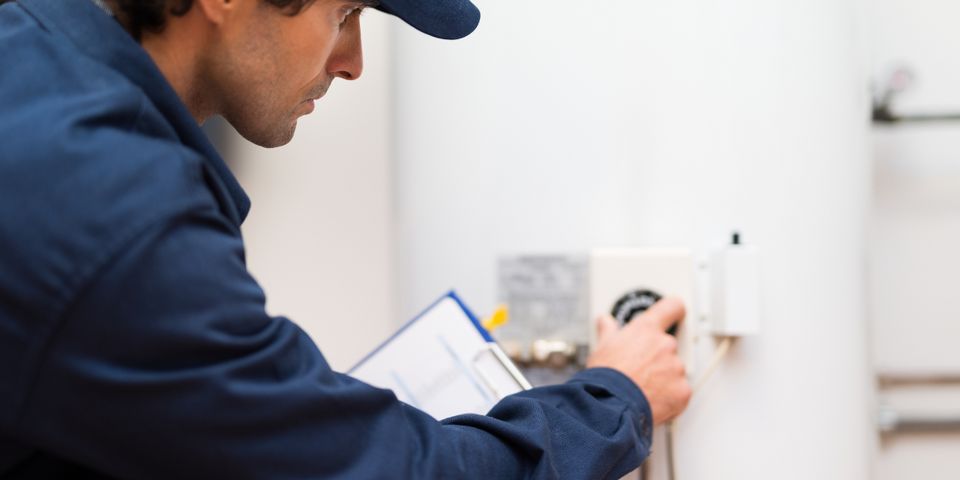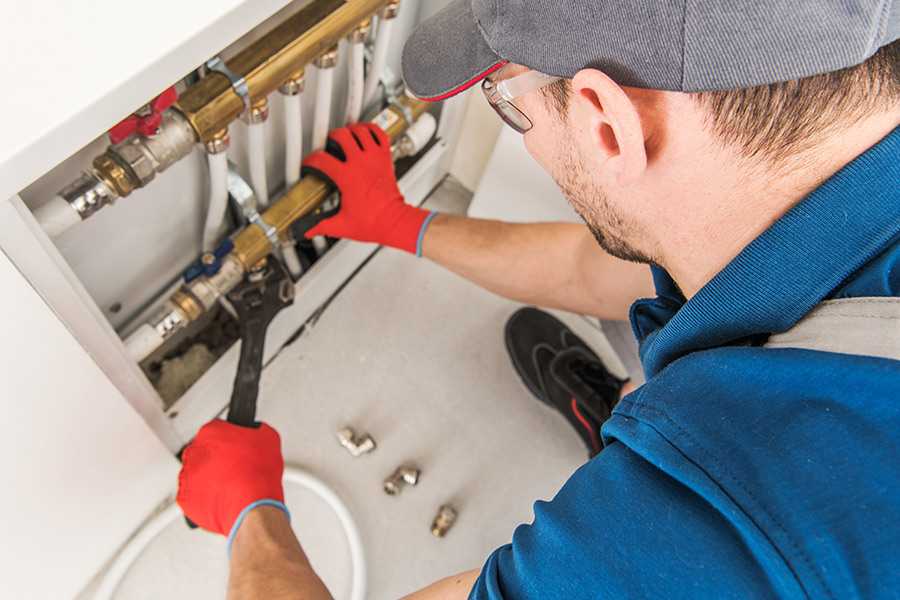Dealing with the Standard Water Heater Crisis Scenarios
Dealing with the Standard Water Heater Crisis Scenarios
Blog Article
Were you in search of content around Is Your Water Heater Leaking??

A water heater is one of one of the most important fundamental devices that can be found in a house. With water heaters, you do not need to go through the anxiety of home heating water by hand every single time there is a need to take a bath, wash, or the recipes. Nonetheless, there is constantly a possibility that your water heater would act up as with most mechanical devices.
It is essential to note any kind of little malfunction and tackle it promptly before things leave hand. Many times, your hot water heater starts to malfunction when there is an accumulation of sediments as a result of continuous use. As a preventative measure, periodic flushing of your water heater is recommended to prevent sediment accumulation and also protect against functional failing.
Typical hot water heater emergency situations as well as how to handle them
Leaking water heater storage tank.
In this circumstance, you should transform off your water heating system, allow it to cool down, and also very carefully look for the source of the trouble. At times, all you need to do is to tighten up a couple of screws or pipe connections in instances of minor leakages. If this does not function as well as the leakage persists, you could need to use the solutions of a service technician for an ideal substitute.
Rising and fall water temperature.
Your water heating system could begin generating water of various temperatures usually ice cold or scalding warm. There could be a demand to change either the home heating or the thermostat unit of your water heater.
Too little hot water
It might be that the water heating unit can't support the hot water demand for your home. You could upgrade your water heating unit to one with a bigger capacity.
Tarnished or stinky water
When this occurs, you need to know if the problem is from the water or the storage tank resource. If there is no amusing scent when you run cold water, after that you are particular that it is your water heater that is defective. The stinky water can be triggered by rust or the buildup of bacteria or sediments in the water heating system container.
Final thought
Some home owners overlook little warning and also minor faults in their hot water heater unit. This only leads to further damages and also a feasible full failure of your home appliance. You need to handle your hot water heater faults as quickly as they come near avoid even more costs as well as unnecessary emergency problems.
With water heating units, you don't need to go via the anxiety of heating water by hand every time there is a need to take a bath, do the laundry, or the dishes. Your water heater might start producing water of various temperatures usually ice hot or cold warm. It may be that the water heating system can not sustain the warm water demand for your apartment. If there is no amusing smell when you run chilly water, after that you are specific that it is your water heating unit that is defective. The smelly water can be caused by corrosion or the build-up of germs or debris in the water heater container.
Water Heater Burst: Why This Happens And What To Do Next
Water Heater Explosion Warning Signs
Since storage water heaters are made of metal and store large volumes of heated water, they carry an increased risk of leaking or even exploding as they begin to rust at the fittings and seams over time. If the thermostat controlling the water temperature within the tank is faulty, or if mineral buildup inside the water heater prevents the thermostat from sensing the water’s temperature correctly, the water could become overheated. This will expand its volume within the tank, causing it to press at the tank’s fittings and seams. If these fittings and seams are rusted or corroded, the pressure could result in a leak or even an explosion.
Here are some risk factors and warning signs of an increased risk of water heater leak or explosion:
Your water heater is more than 10 years old. Your water heater makes clanking, banging or rumbling noises as it heats up, indicating that sediment has built up and hardened inside the tank. There is visible rust on the outside of the water heater, especially located at the pipe fittings or the seams that run down the tank. There is rusty water coming from your water heater, indicating that there may be rust building up inside. Your water heater is leaking, which could indicate either a crack somewhere in the tank or a malfunctioning temperature-and-pressure (T&P) relief valve. What To Do When Water Heater Leaks
If you find water dripping or seeping out of your water heater, or pooling around it, it means your water heater is leaking. If you find a leak, it may be best to call a plumbing professional to diagnose the problem and determine how best to handle it. If you choose to tackle it on your own, there are a few things you can do.
TURN OFF THE POWER
Next, shut off the power to the hot water tank at your home’s electrical breaker box. If you don’t shut off the power, the heating elements within the tank could continue to stay hot, which could pose a fire risk.
If you have a gas-powered water heater, you’ll also need to shut off the gas line leading into the tank.
FIND THE LEAK
Now it’s time to determine where the leak is coming from. Likely locations are the T&P valve, the drain valve or one of the pipes or fittings that feed into the top of the tank. If you see any rust or corrosion on the outside of your water heater’s tank, pipes or fittings, these could also be the source of the leak.
REPAIR THE LEAK
Once you determine the source of your water heater leak, you’ll have a better idea of what steps you need to take to fix the problem. It may be a simple fix—such as using a wrench to tighten fittings or replacing the T&P valve—but it may be something more complicated. You may even need to drain the tank, remove the water heater and install a new one.
https://www.abchomeandcommercial.com/blog/water-heater-burst/

We were made aware of that editorial about Warning Signs You Need Water Heater Repairs from a good friend on our other domain. So long as you enjoyed reading our page please be sure to pass it around. Thanks a lot for going through it.
Precise fixes offered. Report this page